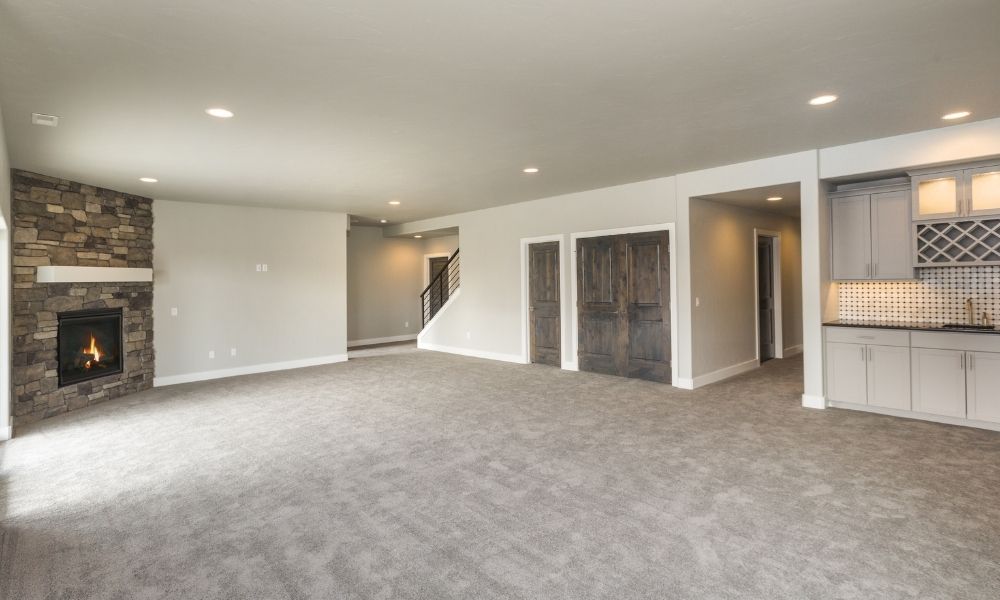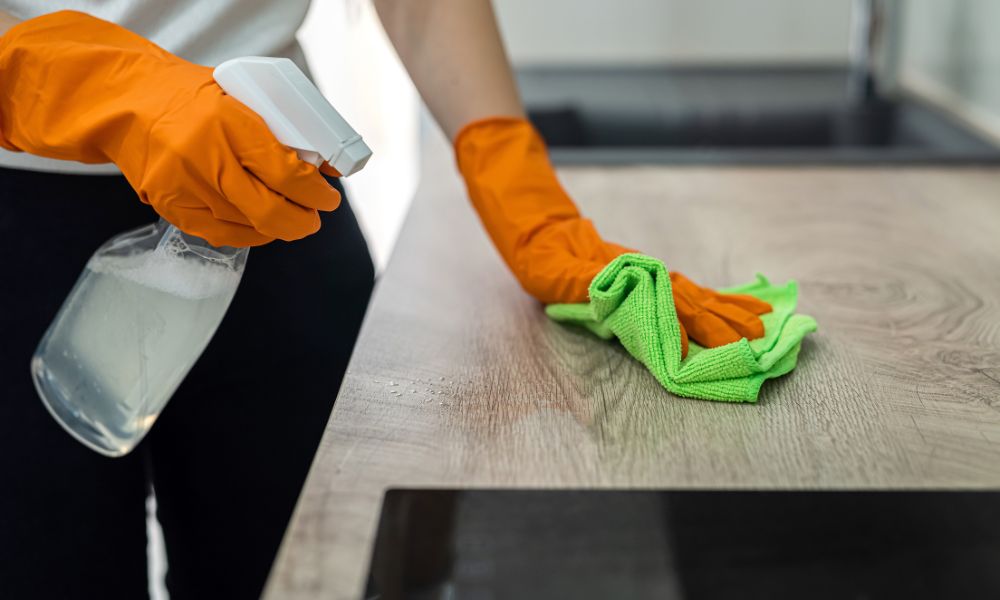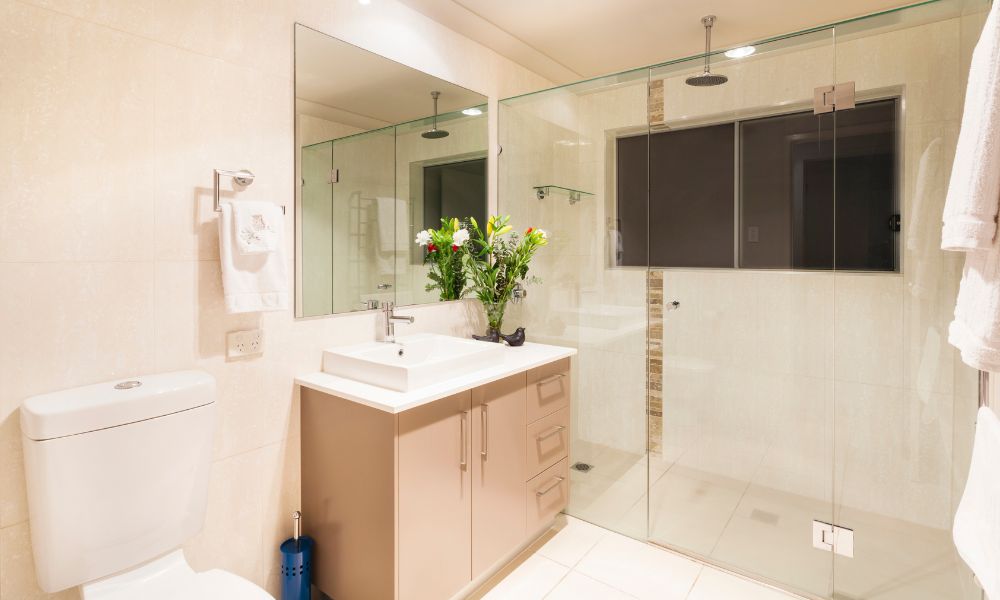
A finished basement enhances your home’s resale value and gives you added living space. But there are vital considerations you shouldn’t overlook. Learn the dos and don’ts of finishing your basement before starting your project so that you won’t have to make expensive corrections later.
Do Check Moisture Levels
Consult a contractor specialized in finishing basements to discuss ways to mitigate excess moisture in your space. It’s usually colder down there, so condensation can happen. Seepage from rain and sewer backups also poses a problem. Find out what you can do to dry out your basement. You may need to install dehumidifiers, sump pumps, or drain tile systems. Your contractor may recommend vapor barriers and additional insulation as well.
Do Ensure the Plan Includes Egress
Livable areas below ground level should have a means of egress. In other words, anyone who’s down there must have a way out in a fire or another disaster. This exit must be an additional alternative to the stairs that lead back up into the house. Forgetting this step can result in costly adjustments, including ripping out and redoing finished areas.
Don’t Do Electrical and Plumbing Work Yourself
Overconfident do-it-yourselfers often take on electrical work that licensed electrical professionals should do instead. The same goes for plumbing work. Basements can be particularly complicated places because they have concrete walls, exposed floor joists overhead, and utility rooms. These require convoluted plumbing plans to make everything fit. Hire pros for these jobs.
Don’t Take Over Storage or Utility Space
You’ll regret it if you use every square inch of your basement for your new media room, bar, or rec room. The basement provides valuable storage space, and it also houses most major mechanical systems in the home. Save some storage space, and work around the mechanical parts in your finishing plan. Ensure that electrical, HVAC, and plumbing contractors can access your mechanical systems for future repairs and maintenance.
Do Consider the Purpose of the Space
Be realistic about how you’ll use your newly finished basement. If you want to watch games down there, include a kitchenette area with a fridge, sink, and cupboards for glassware, snacks, and drinks. If you’re turning it into a rec room, ensure you have enough space to get to all the angles on the pool table. Be purposeful about where you’ll place electrical outlets and about how many you’ll need. And think about how you’ll manage the laundry area. Will it stay in the basement or move upstairs somewhere? All these decisions will affect the total cost of the project.
Do Choose Waterproof Flooring
Let’s round off this list of the dos and don’ts of finishing your basement with a final recommendation. If there’s a flood, your basement will be the first part of your house to get soaked. While it’s tempting to install carpeting for warmth, tile or vinyl flooring is probably your best bet for basement flooring. It’ll be easier to clean up after a natural disaster, a burst pipe, or a sewer backup problem with water-resistant or waterproof floors. It’ll also be less costly.





